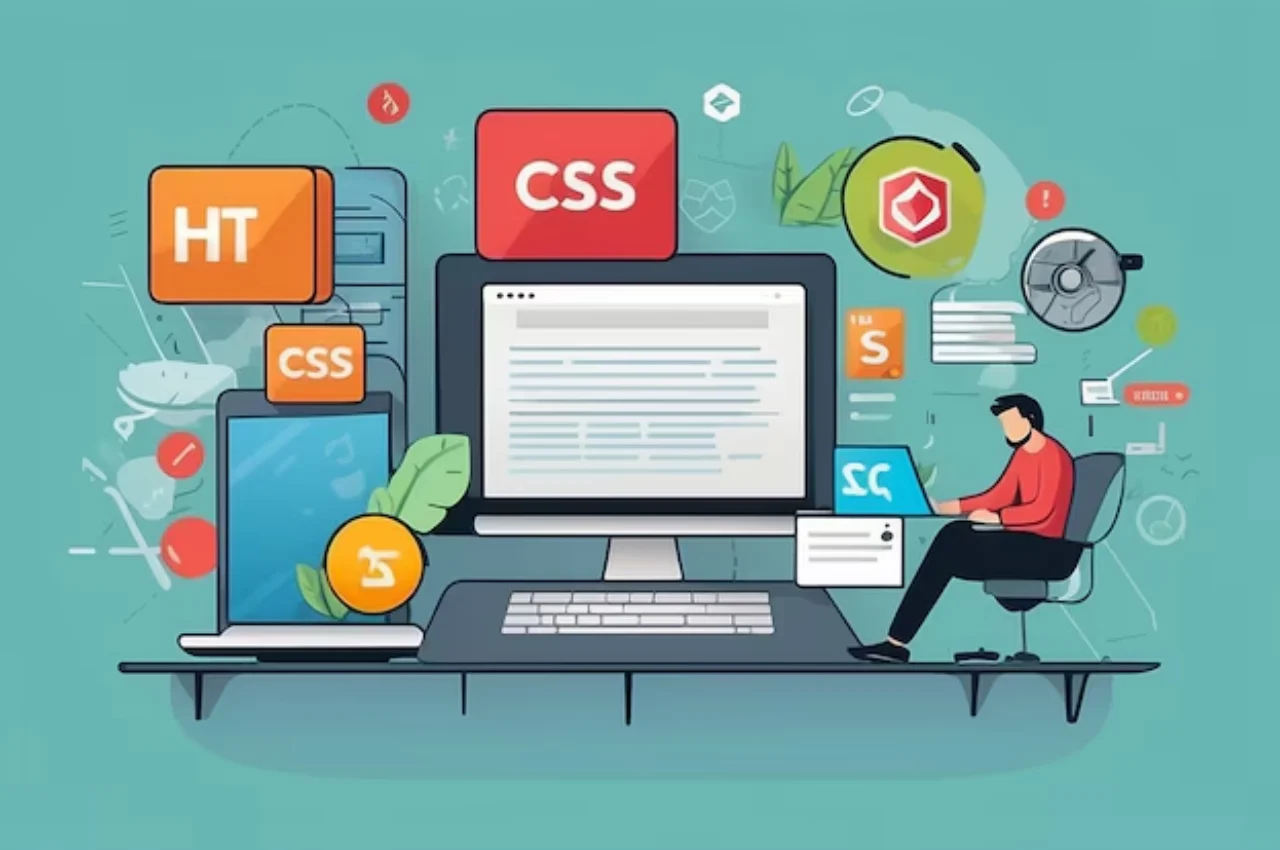Ghost and WordPress are both popular platforms for creating websites and blogs. Ghost is a simple, streamlined platform focused on publishing, while WordPress is a versatile, customizable platform with a wide range of plugins and themes.
Both platforms have their strengths and weaknesses, so the choice between Ghost and WordPress depends on your specific needs and preferences. We will explore the key differences between Ghost and WordPress, including their features, ease of use, customization options, and performance. By the end, you will have a better understanding of which platform is best suited for your website or blog. Let’s dive in to explore the intricacies of Ghost and WordPress to help you make an informed decision.
Table of Contents
Ease of Use
When it comes to choosing a platform for your website, ease of use is a critical factor to consider. Both Ghost and WordPress are popular choices, but they differ in terms of user interface and customization options. Let’s delve into a comparison of their ease of use to help you make an informed decision.

User Interface Comparison
WordPress: The user interface of WordPress is well-known for its intuitive dashboard, making it easy for even beginners to navigate. With a familiar layout and straightforward menu options, users can quickly access and manage their website’s content, media, and settings.
Ghost: Ghost also offers a clean and user-friendly interface, designed to simplify the content creation process. Its minimalist approach focuses on providing essential features without overwhelming users with excessive options, leading to a streamlined experience.
Customization Options
WordPress: One of the key advantages of WordPress is its extensive range of customization options. Users can choose from thousands of themes and plugins to personalize their website’s design and functionality, catering to diverse needs and preferences.
Ghost: While Ghost may have a more limited selection of themes and plugins compared to WordPress, it still provides sufficient customization capabilities. Its emphasis on simplicity does not compromise the ability to tailor the website’s appearance and features to suit specific requirements.
Features
When comparing Ghost and WordPress, the two platforms offer distinct features tailored to different needs. Ghost is known for its minimalist design and focus on blogging, providing a streamlined interface for content creation and publishing. It offers built-in SEO optimization, fast performance, and a modern, distraction-free writing environment.
WordPress, on the other hand, is highly versatile and supports a wide range of website types beyond blogging. It boasts an extensive library of themes and plugins, enabling users to customize their sites with advanced functionalities like e-commerce, membership systems, and more. WordPress also has a larger community and greater support resources, making it a robust option for those seeking extensive customization and flexibility.
Content Management Capabilities
- Ghost offers a streamlined and minimalistic approach to content management, focusing on creating and publishing content efficiently.
- WordPress, on the other hand, provides a robust content management system with a wide range of customizable options and plugins.
SEO Tools Comparison
- Ghost comes with built-in SEO features such as meta descriptions and tags, while WordPress offers a plethora of SEO plugins for enhanced optimization.
- Both platforms allow for easy customization of URLs, headings, and image alt text to improve search engine rankings.
Performance
When comparing Ghost and WordPress, performance can vary based on specific use cases. Ghost is known for its speed and lightweight design, optimized primarily for blogging and content-heavy sites with a streamlined architecture. This results in faster load times and minimal resource usage. WordPress, while highly versatile and feature-rich, may experience slower performance due to its extensive plugin ecosystem and complex themes. However, with proper optimization, caching, and performance tuning, WordPress can also achieve excellent speed and efficiency.

Speed and Loading Times
Speed and loading times are critical aspects of performance for any website. A fast-loading site enhances user experience, reduces bounce rates, and improves SEO rankings. Ghost, with its streamlined code and minimalistic design, typically delivers faster loading times due to its focus on speed and efficiency.
WordPress, while feature-rich, can experience slower loading times if not properly optimized. Implementing caching solutions, optimizing images, and using performance-enhancing plugins can significantly improve WordPress site speed, aligning it with the performance benefits seen in Ghost.
Scalability
Scalability is a crucial aspect of performance, especially for growing websites and applications. A scalable system can handle increasing traffic and data without compromising speed or functionality. For instance, Ghost offers scalability with its streamlined architecture, making it easier to scale as content needs grow.
WordPress also provides scalability options, though its performance might initially suffer due to its extensive plugins and themes. To ensure optimal scalability in WordPress, effective caching, database optimization, and server resources are essential. Both platforms require strategic planning to maintain performance as demands increase.
Themes and Templates
When it comes to creating a visually appealing and functional website, the choice of themes and templates plays a crucial role. Both Ghost and WordPress offer a wide range of options for designing your website, but there are some key differences to consider.
Design Options
WordPress provides a vast selection of themes, both free and premium, catering to various industries and design preferences. With thousands of options available, users have the flexibility to choose a design that aligns with their brand identity and desired aesthetic.
On the other hand, Ghost offers a more curated collection of professionally designed themes. While the selection may not be as extensive as WordPress, each theme is carefully crafted to prioritize minimalism, elegance, and user experience.
Mobile Responsiveness
WordPress themes are generally designed to be responsive, ensuring that websites adapt seamlessly to different screen sizes and devices. This mobile-friendly approach is essential for providing a consistent user experience across smartphones, tablets, and desktops.
Similarly, Ghost themes are built with mobile responsiveness in mind, adhering to modern web design standards to guarantee optimal performance on all devices. This focus on responsiveness is crucial for reaching and engaging audiences across various platforms.
Community and Support
Community and support are crucial factors when choosing between Ghost and WordPress for your website. Let’s delve into the available resources and community engagement for both platforms.
Available Resources
- Ghost: Offers comprehensive documentation and guides for users.
- WordPress: Provides a vast repository of plugins, themes, and tutorials.
Community Engagement
- Ghost: Active community forums for troubleshooting and discussions.
- WordPress: Thriving community with meetups and WordCamps globally.
Pricing
When it comes to choosing a content management system (CMS) for your website, pricing is a crucial factor to consider. Let’s compare the pricing of Ghost and WordPress to help you make an informed decision.

Cost Comparison
Ghost and WordPress offer different pricing structures. Ghost is a hosted platform, meaning that you pay a monthly fee for a fully managed service. On the other hand, WordPress is an open-source platform, allowing you to use it for free, but you’ll need to cover hosting costs.
Additional Expenses
With Ghost, the pricing is all-inclusive, covering hosting, security, and updates. However, with WordPress, you may need to consider additional expenses such as hosting, security plugins, and premium themes or plugins that can add up over time.
Conclusion
After comparing Ghost and WordPress, it is evident that both platforms have their own advantages and limitations. Ghost is a great option for bloggers and publishers who prioritize content creation and minimalism, while WordPress offers more flexibility and customization options. Ultimately, the choice between the two depends on the needs and preferences of the user. Regardless of the platform chosen, it is important to focus on creating high-quality content that engages and provides value to the audience.


